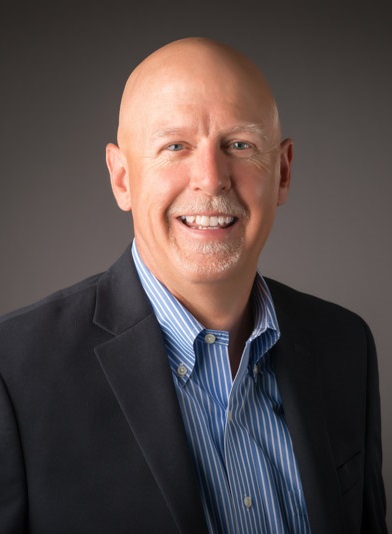
There are certain habits and behaviors that, while not directly related to finance, can spell the difference between reaching your goals or not.
Applying certain lessons makes working towards your goals both easier and more rewarding. There is a lesson to be learned from the farmer’s story below.
Once there was a farmer who woke up early to milk his cows. On the way to the barn, he noticed his fence was broken. So, he went to his shed to get his tools, only to find he was out of nails. On the way to town to buy more, the fuel light in his truck came on. As he filled up at the gas station, he noticed a shoe store across the street advertising a special on men’s work boots. As his own were starting to wear down, he went to buy a pair. Then, he went to the hardware store. Once inside, he remembered his tractor needed a tune-up, so he bought the equipment he needed and drove home. Upon arriving, the sound of clucking hens reminded him to collect their eggs. After finishing that, he turned his attention to his tractor. By the time he finished, the afternoon was making way for the evening. “Still time to fix the fence,” he thought, when he realized he’d never actually bought the nails. So, back to town he went to get more.
The stars were out by the time he finally fixed the fence. Exhausted, the farmer went inside and kicked off his boots. But just as he sat down, his wife asked him why they had no fresh milk.
Groaning, the farmer rubbed his eyes and wondered why there was never enough time in the day to do what needed doing.
***
Have you ever had a day like that? Too often, many people start the day – or the month, the year, or even an entire phase of their life – with a goal in mind, only to be distracted and side-tracked. The result? We fail to achieve what we originally set out to do. We fail to realize our most cherished dreams.
There are two main culprits behind this.
- We don’t plan ahead.
In the story above, the farmer probably would have felt a lot better about his day if he’d laid out a plan. But instead, he started going around in circles, always making decisions based on what he saw right in front of him.
Many people do this with their finances, too. For instance, maybe you decide it’s time to pay off your debt. But then you notice the roof needs repaired, so you pay for that. Then you get frustrated because your personal computer is old and slow, so you buy a new one. By that time, your money is running low, so you decide to just wait until your tax refund comes. But when the refund comes, you’re burned out from work, so you go on vacation instead. Meanwhile, your debt just grows and grows.
When we plan ahead, we can determine what we want to accomplish, what steps it will take to get there, and when and in what order we execute those steps. Done correctly, this ensures we do more of what we actually want to do.
- We don’t prioritize.
Let’s take the farmer again. Obviously, everything he did needed to get done – but some things were probably more important than others. The fence, maybe, could have waited. Buying new boots could have waited. Or perhaps he could have made a list of everything he could do without going into town, and a list of everything that required going into town. Then, he could have prioritized which tasks to do first, and in doing so, gotten a lot more done with a lot less effort.
Taking time to prioritize our goals, needs, and short-term wants has a similar effect. It ensures that we allocate our time and our money as effectively as possible. For instance, some people may find that investing their money for retirement is a lower priority than starting a rainy-day fund. Others, meanwhile, may get the most bang for their buck if they prioritize minimizing their taxes over, say, earning more money.
Life is hectic, and it seems like we always have a million-and-one things to do. Thankfully, the solution doesn’t always require beating our heads against the wall because we’re trying to “work harder.” Sometimes, the solution is to work smarter – by planning and prioritizing how we spend our time and money.




